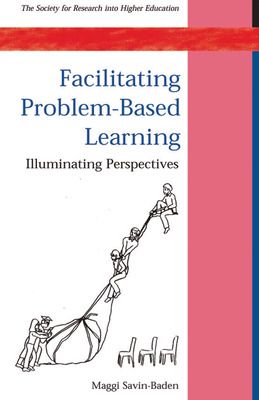Facilitating Problem-Based Learning
- Access the eBook anytime, anywhere: online or offline
- Create notes, flashcards and make annotations while you study
- Full searchable content: quickly find the answers you are looking for
Prologue
Part one: Re-viewing facilitation
1.Perspectives on facilitation
2.Types and levels of facilitation
Part two: On becoming a facilitator
3.Role transitions:from lecturer to facilitator
4.Being an effective facilitator
5.Facilitating honesty in problem-based curricula
Part three: Facilitation changing worlds
6.Developing and supporting facilitators
7.Virtual facilitation
8.Beyond surveillance:assessment and facilitation
Part four: Rhetorical communities
9.Reconceptualising problem-based curricula
10.Facilitating learning through problem-based curricula
Epilogue:Changing places or changing spaces?
Glossary
Bibliography
Index.
British Journal of Educational Technology
Interest in problem-based learning continues to flourish worldwide. To date there has been relatively little to help staff to examine the complex issues relating to facilitating the implementation of problem-based learning and the ongoing development of staff, students and the curriculum.
This book explores a broad range of issues about facilitation, in particular: understandings of facilitation that have emerged from the author's recent research and ways of equipping and supporting staff in terrestrial and virtual contexts. It also questions how students are assessed and suggests ways of preventing plagiarism in problem-based learning. It examines what it might mean to be an effective facilitator and suggests ways of designing problem-based curricula that enhance learning.

